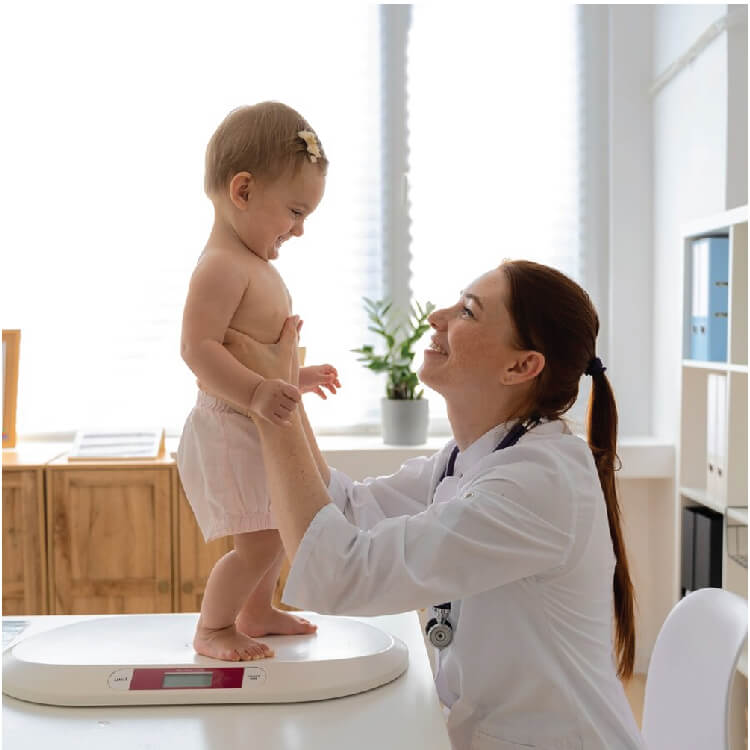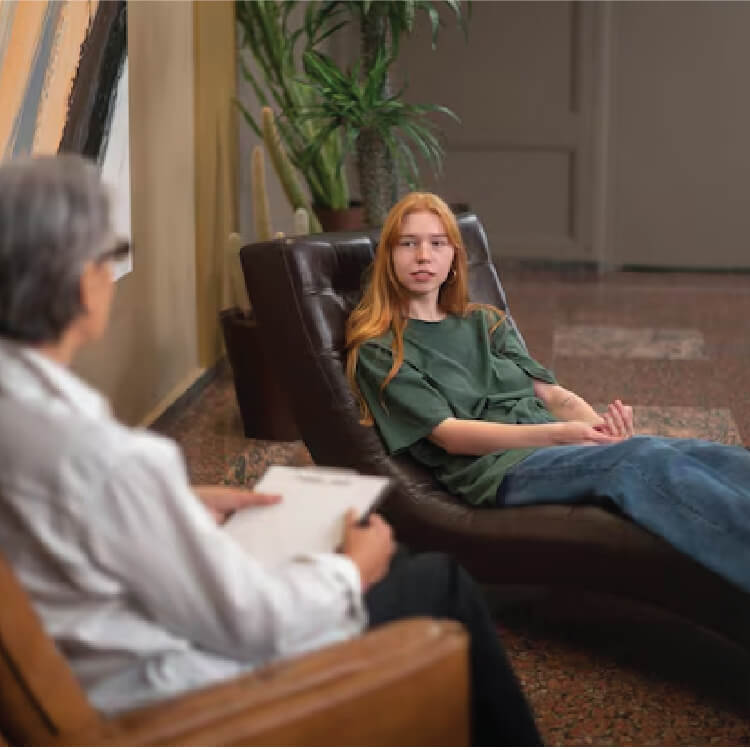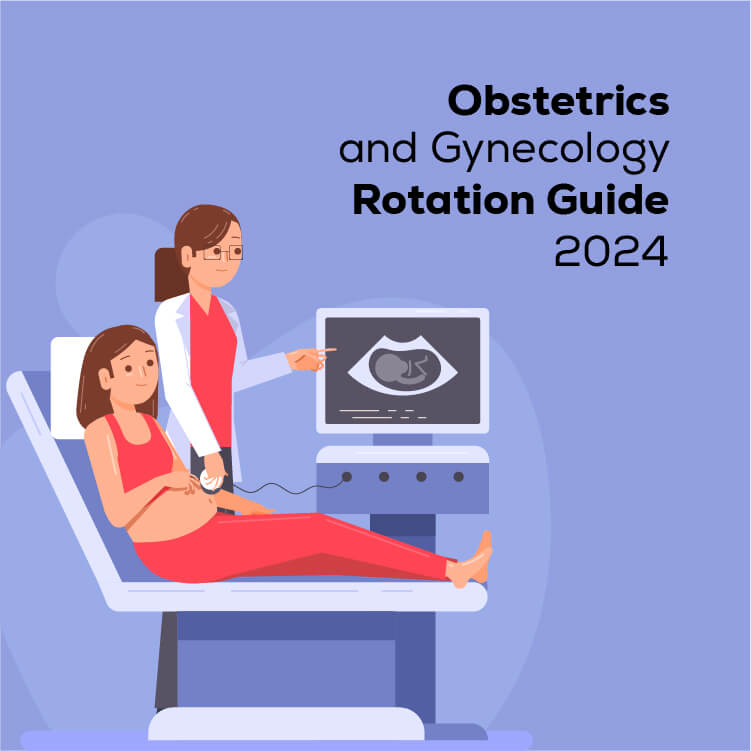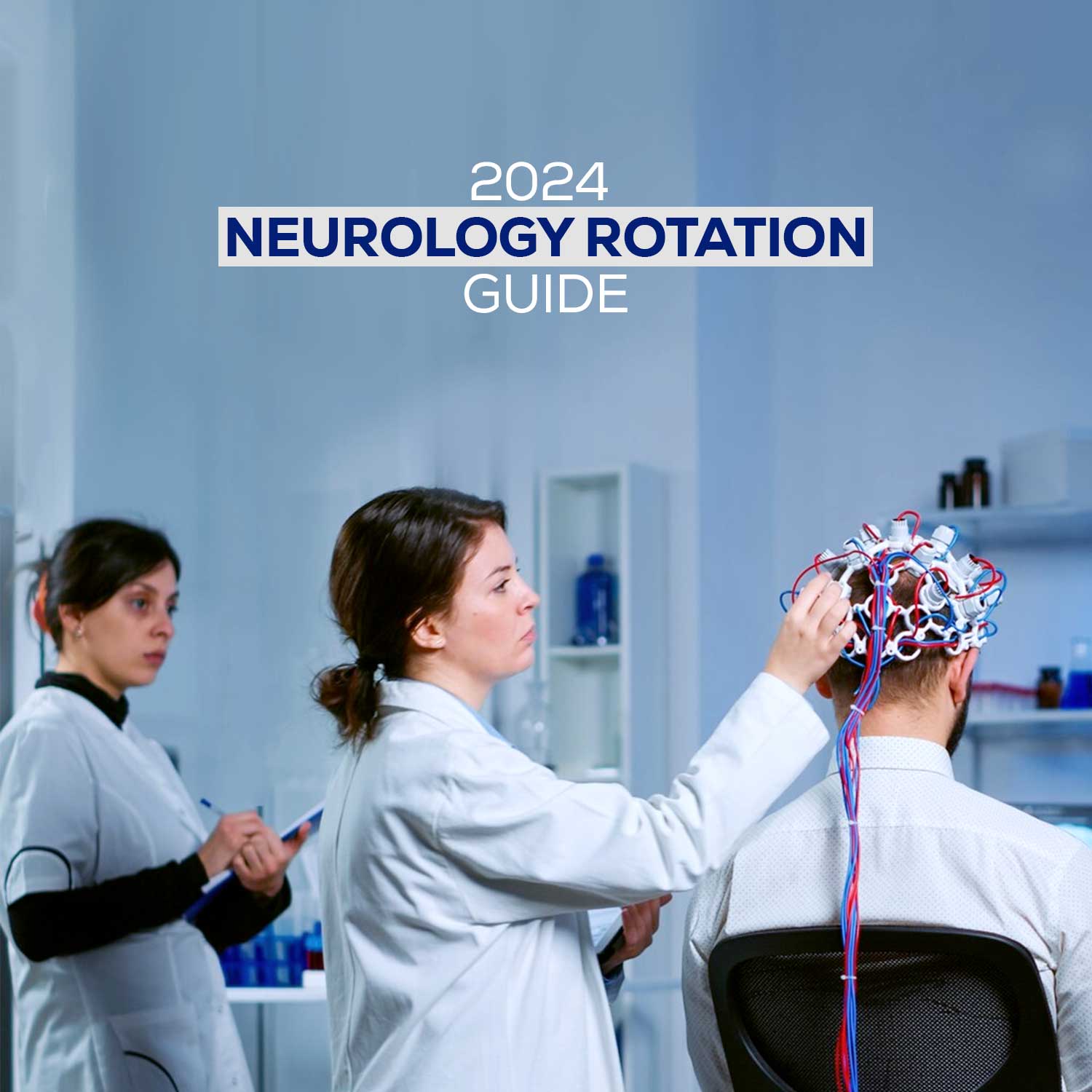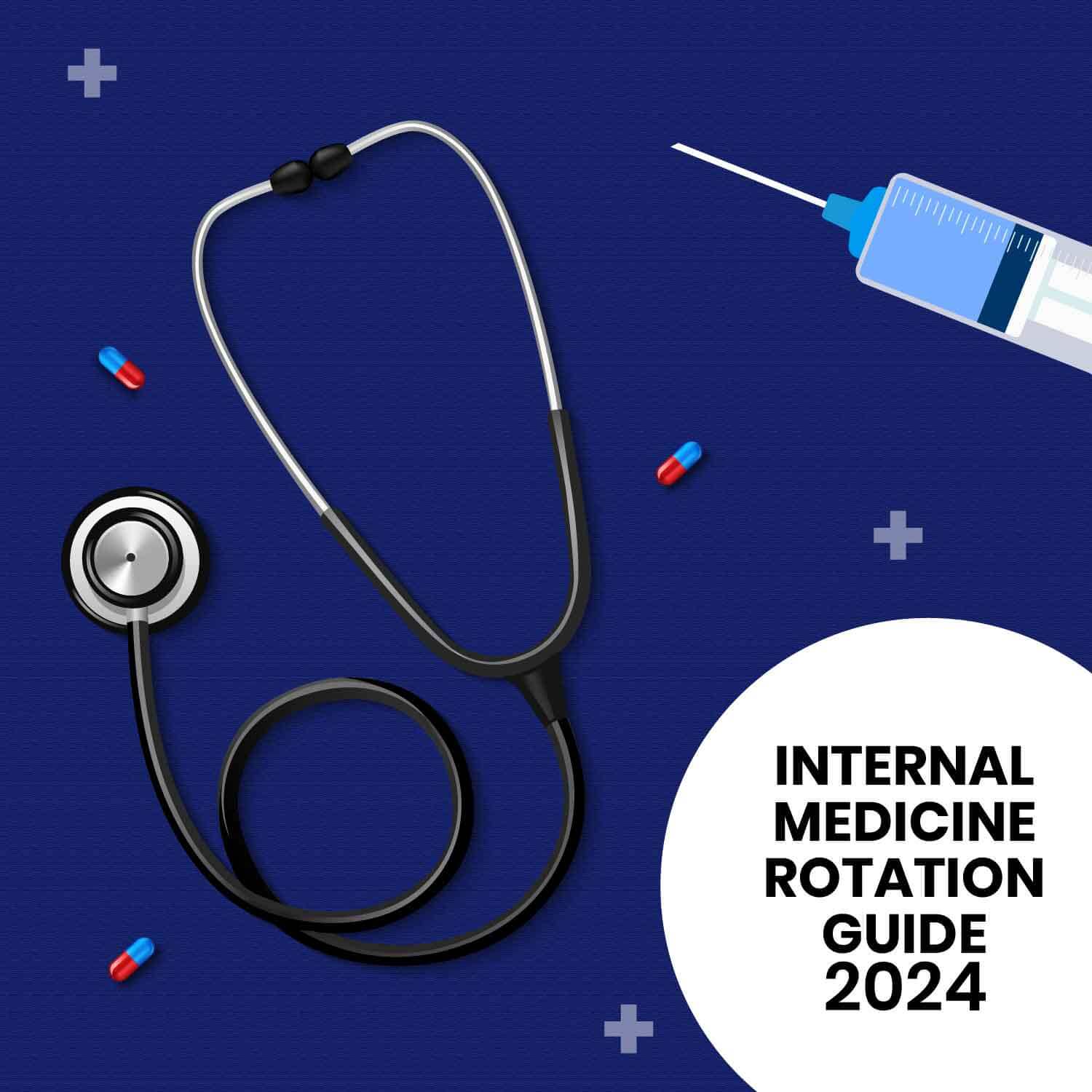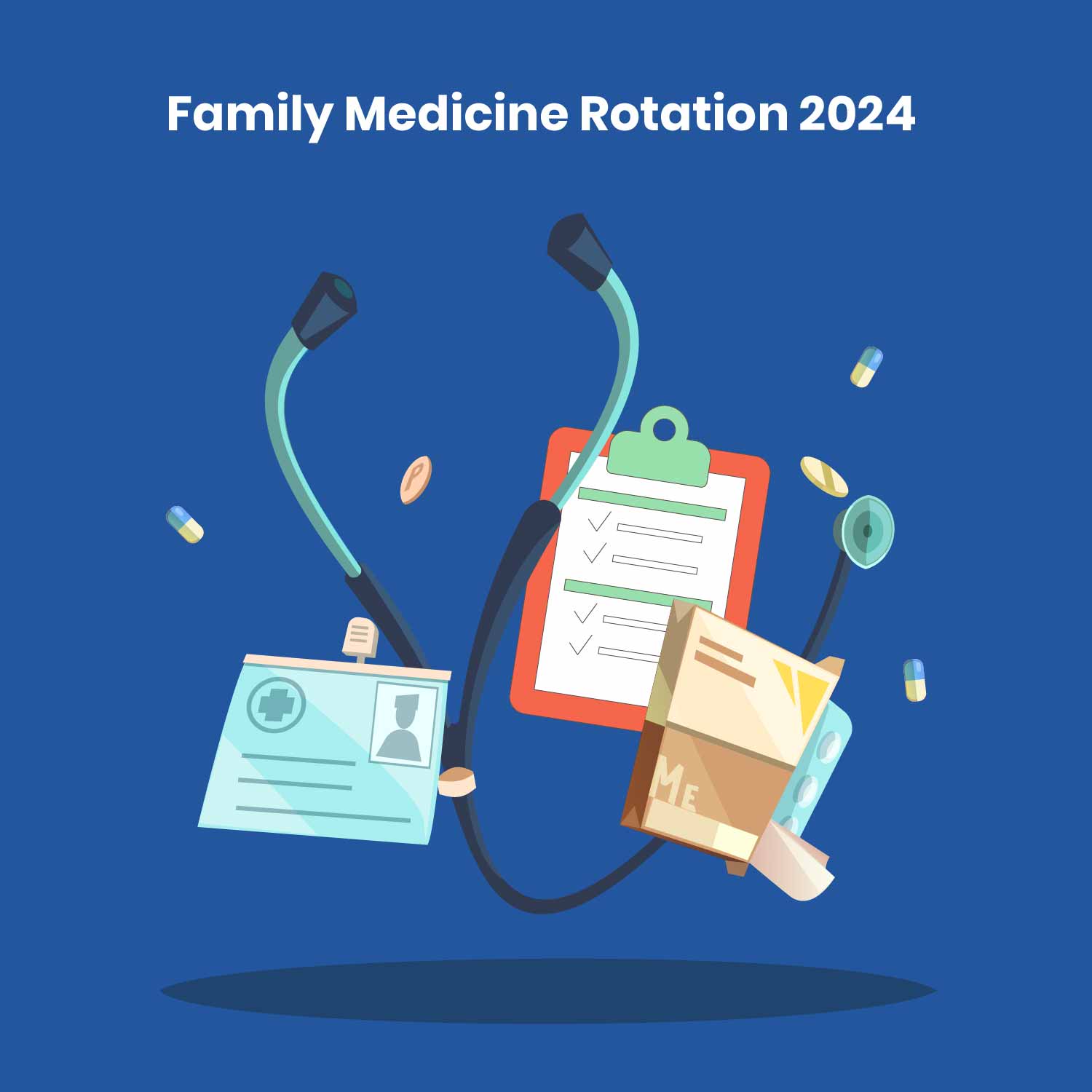
A personal statement is an essay that the Electronic Residency Application Service (ERAS) requires you to submit as part of your application to a residency program. Since ERAS limits the document to one typed page, the maximum word count is approximately 750-850 words. Your personal statement for residency program should convey your enthusiasm and suitability for the residency program which is no easy task for even the most seasoned writers!
When writing a personal statement, many applicants may find themselves understandably stumped. It doesn’t help that a 2020 survey by the National Resident Match Program (NRMP) listed this application component among the top five most commonly-cited ones affecting interview eligibility. Where a well-crafted personal statement may land you an interview with the residency program of your choice, a poorly drafted one can just as easily do the opposite. If you are getting ready to start working on this document, you should know both the thought and the technical process that goes into creating it.
USDoctors.co has created a comprehensive guide to help you navigate this crucial stage! Read on to learn how to draft a strong personal statement that sets you on the path of Matching into your top-ranked programs.
What Makes a Winning Personal Statement for Residency Application
You may be wondering: what’s the point of writing a personal statement for residency application when my test scores, CV, and letters of recommendation are already available for the directors’ review?
While those components of your application convey clear, objective information about your qualifications, the residency personal statement is more in-depth, and hence, complicated. Without the right words, you run the risk of sounding too generic, pretentious, or outright unfit for the chosen residency program.
To counter that, outlined below are some of the main characteristic of an effective personal statement.
- Displays Knowledge of Your Chosen Specialty: More than anything else, what you write in your personal statement should reflect a sound understanding of the specialty and program in question. Someone applying to a neurology spot should know and demonstrate that the field values clinicians who have problem-solving skills, an outstanding command on anatomy, and are quick on their feet. Program directors want to judge your knowledge of the specialty to see if you’ll be a good fit for the program.
- Shows Your Individuality: Above all, your personal statement for residency application should be interesting, unique, and leave a positive, lasting impression. Keep in mind that program directors sample thousands of residency applications every year. Most of these will boast of amazing USMLE scores, clinical experience, extra-curricular activities, and other achievements. The personal statement can be your opportunity to stand out in a large pool of applicants. What sparked your passion for this specialty choice? Did you conduct any research during your medical school that shed light on areas of improvement? Do you have a special hobby or interest not shown on your CV that aligns with this field? Answering these questions compellingly can set you apart as a stronger candidate.
- Mentions Your Long-Term Goals: Selection committees want to know that you possess a vision that extends beyond residency training. Your end goal is not just to be a good trainee but also an important member of society. Structuring your personal statement to reflect your past, present, and future aspirations can accomplish this.
By incorporating these critical messages in your residency personal statement, you send a strong message to residency programs about being an invaluable candidate.
Beginning the Process
You need to start working on your personal statement at least two to three months ahead of the submission deadline. For a September submission, applicants must begin the process by June or July of the year they’re applying for the Match.
At this point, you might be busy putting together your application documents. To begin your personal statement, however, you will have to pause and reflect carefully on what to include.
Think about any personal anecdotes from your years in medical school or clinical rotations that solidified your interest in this specialty; perhaps a role model (physician or otherwise) who inspired you to pursue this profession, or a life-changing experience set you on this career path. However, make sure to avoid the usual cliches (illness in the family, etc.).
Once you have some ideas, start narrowing them down to what’s relevant to the context of your chosen medical residency program. Include the parts that address why you chose this specific specialty/program, how you are a good fit for it, and how you will carry forward your learning from it in your long-term career. Avoid irrelevant content that doesn’t pertain to these topics.
Building a First Draft
With your main ideas for the direction you want to take written down on paper, it’s time to start building a draft. A well-known strategy in writing is the ‘show, not tell’ approach that you should apply to your personal statement for residency application as well. Instead of using complicated vocabulary, try to convey your message by describing real experiences. Make sure to organize the text properly into paragraphs.
- Introduction: The first paragraph should capture the audience’s (in this case the program directors and other application reviewers) interest, introduce your choice of specialty, and list your major motivations for applying to it. With detail-driven and impactful wording, you can land the reader directly into the right setting and convince them of the intensity of your enthusiasm.
- Body Paragraphs: These will gradually and neatly build on the claims that you laid in your introduction. Describe in detail how you were exposed to the specialty, when you first realized your interest, and what active measures you took to cultivate that interest. A good rule of thumb is to make sure that every paragraph corresponds to a specific theme. For example, if the first two paragraphs detail your experiences and skills, the third one should focus on your understanding of the program.
- Conclusion: Here you should summarize the previous content in a few powerful sentences that leave the reader with a lasting impression of your interest in the program, and what you hope to achieve in the world with the knowledge you’ve gained.
Proofreading is Half the Work!
Refining the first draft is an essential step of the writing process. For this, you will need to set aside several weeks, and dedicate time to extensive proofreading before the submission. Revise and check for any grammatical, spelling, and formatting errors. If there is unnecessary text hampering the flow of the overall statement, omit it, or make it more concise. Reading out loud can also help you get a good feel of the essay’s tone as it is important to sound personable yet professional.
Next, have the personal statement reviewed by trusted advisors (especially from the field of interest), academic counselors, colleagues, and someone with editing expertise. This step is invaluable. Having multiple people’s feedback on the work will help you polish both the content and quality of the work! Not to mention, it will also make you more confident in your overall application.
Common Mistakes to Avoid
Here are some easily avoidable errors that can generally diminish a personal statement’s quality and reduce your chances of receiving an interview invitation:
- Try not to sound too emotional or dramatic as you’re applying for a professional position with the program.
- Don’t just rewrite everything that is already outlined in your CV! Take the opportunity to communicate extra information or elaborate on the existing one.
- Don’t use technical jargon, abbreviations, or complex vocabulary. The simpler and more concise the writing, the better.
- Strike a smart balance between talking about your achievements and skills, and how well they will serve the residency program. Merely describing the program back to the people who are already a part of it serves no purpose!
- Plagiarizing other people’s personal statements (including samples available on the internet) is not just unethical but it can also cause programs to question your integrity.
To conclude, while your personal statement for residency may not be the most important part of your application, it can still improve its overall quality. Remember, your goal is to have the the program directors so intrigued by your personal statement that they can’t help but extend an interview invitation. Good luck on your journey, and if you need further information on residency or rotation applications, check out the invaluable resources available at the USDoctors.co blog!
ABOUT US
Clinical Rotations For Foreign Medical Students, Nurse Practitioners, Physician Assistants and Graduates.
USDoctors.co specializes in providing invaluable hands-on clinical rotations to both foreign medical students, nurse practitioners, physician assistants and graduates. Our clinical rotations are strictly set up to help you get the US clinical experience and letters of recommendation that will greatly increase your chances of US residency placement.

